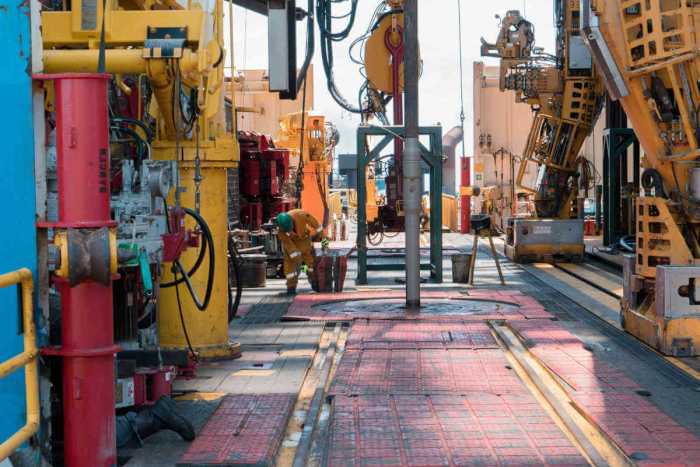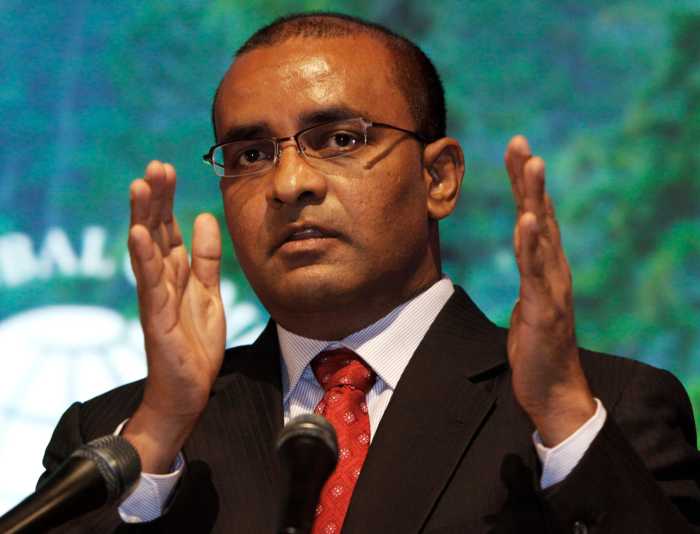Guyana’s government has vowed not to give out mineral-rich lands to Guyanese who have lived in finance-starved Venezuela for decades unless they can prove local citizenship beyond a doubt, the foreign ministry said last weekend.
The announcement came in the wake of reports from the western Cuyuni border region that large groups of people claiming local citizenship have crossed into Guyana and have been squatting on land they claimed had belonged to their forebearers, but the Guyanese government says the issue is not a straightforward one, and has implications for security and other matters.
Authorities last week sent junior Indigenous Affairs Minister Valeria Lowe and other high level officials to the area to help a group of more than 100 persons to settle in an area across the Cuyuni River, but the foreign ministry has urged caution in the wake of demands by some members of the group of traditional and ancestral ownership of lands on the Guyana side.
“Not every indigenous person coming out of Venezuela, or Suriname for that matter, has a claim to Guyanese citizenship, Foreign Minister Carl Greenidge said. “Not every Guyanese has a right to land that their father, let alone other forebearers, may have claimed. It goes without saying that not everyone approaching Guyana’s borders and claiming to be Guyanese can have rights to our land,” he charged.
Almost any issue with Venezuela is viewed through the eyes of security officials because of the decades-old border dispute between the two countries.
Thousands of Guyanese have, since the 1980s, lived in eastern Venezuela, moving through during tough economic times during Guyana’s socialist experiment in the 1970s and 1980s.
In recent months, hundreds have moved back home, picking up jobs in urban areas translators, point-of-sales persons and teachers, but the ministry said it is very concerned about those trying to squat on lands they claim to have previously owned.
“Any person seeking to enter Guyana on the basis of Guyanese nationality has to prove that claim. It is the applicant’s responsibility to submit proof of citizenship,” Greenidge contended in an unusually strident statement. “It goes without saying that birth certificates and proof of emigration to Venezuela on the claimed dates would assist. If these persons are Guyanese by birth or descent, it is odd that none of them have been able to prove their citizenship to the satisfaction of immigration authorities since they have been at our borders. Without this proof, they are not entitled to enter Guyana, save as indicated by the ministry at the discretion of the immigration authorities, namely for six months, in the first instance,” Greenidge said.
The World Court in The Netherlands is preparing to hear the border case in the coming months.


























